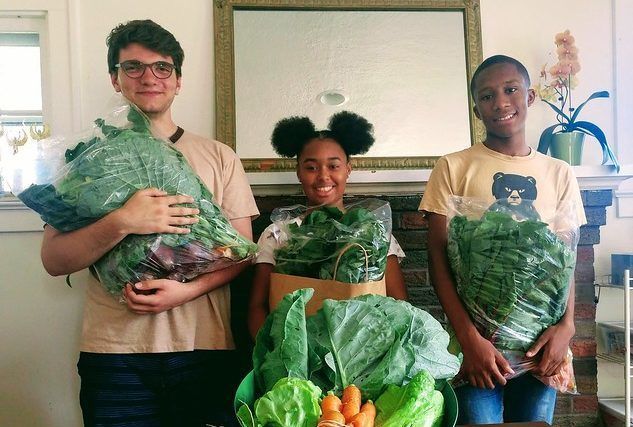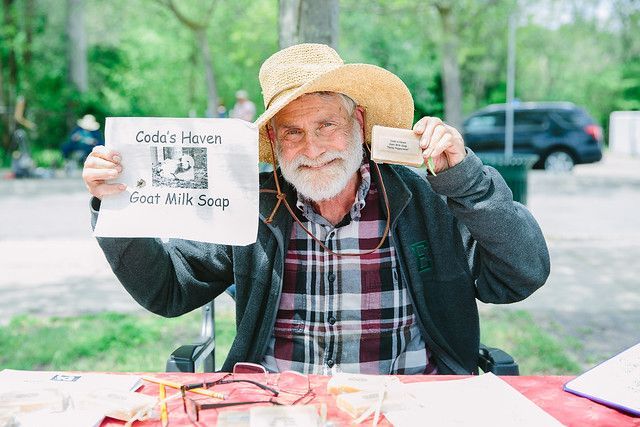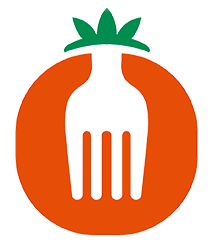Article
Where You At?
Ayanfe Jamison’s current role is the Garden Manager at Growing Hope in Ypsilanti, Michigan, but her roots in agroecology, permaculture, and food sovereignty are far deeper than her current role. She grew up in a very intergenerational environment in East Tennessee, watching her older relatives work the earth, engaging in subsistence farming and traditional skills such as making pickles and homemade wine. However, her mother wanted her to pursue more “professional” skills and “move up” through education, so these ancestral skills were not passed on to Ayanfe. Since then, she has spent the past 30 years seeking out knowledge and understanding of the practices she grew up surrounded by.
As part of her lifelong education process, Ayanfe spent an “eco urban year” as an honors student at Miami Dade College, where her cohort lived together, made meals together, and maintained a garden together. Each Tuesday, one person was responsible for preparing a vegan meal, and their “class” was their dinner time. They read texts on deep ecology from writers such as Wendell Berry. As much as Ayanfe enjoyed the subject, she was deeply bothered by the fact that the “world literature” collection didn’t include any Black authors. She pushed back, and new material was introduced.
To this day, she treasures her heavily-annotated copy of
Literature and the Environment: A Reader on Nature and Culture. Edited by Lorraine Anderson, Scott Slovic, and John P. O’Grady, this was Ayanfe’s first real exposure to ecological literature written from perspectives that resonated with her. One of her favorite pieces in the collection is “Touching the Earth,” by bell hooks. Another favorite is “Where You At? A Bioregional Quiz,” which aims to raise people’s awareness of how much they really know, or don’t know, about the place they call home. Through questions such as “Trace the water you drink from precipitation to tap” and “How long is the growing season where you live?” quiz-takers are scored on a scale from “You have your head up your ass” to “You not only know where you’re at, you know where it’s at.”
This kind of straight-speaking evaluation is typical of Ayanfe. One of her continuous sources of frustration is that almost all of the “rewilding” she has engaged in as an adult has been dependent on learning skills from White folks–skills which she recognizes as part of her heritage, such as cob construction (building with mud and straw) and permaculture. When she first started rewilding, her friends were all “earthy crunchy white kids that lived teepees, school buses, and yurts” and who didn’t need to make money to sustain themselves. Ayanfe became focused on finding a way to reintroduce rewilding practices to people of color in ways that were realistic and acknowledged and respected the origins of these practices.
One of the ways Ayanfe passes on this knowledge is through running the Home Vegetable Garden program at Growing Hope. The program is focused on working-class folks in Ypsilanti and provides the materials and knowledge needed to have a robust home vegetable garden. Ayanfe and her interns (when she has them) install raised beds at people’s homes, and by the time they leave, they have a garden assembled, filled with soil, and with starter plants. Participants also receive seed packets and additional plant starts throughout the year. People who qualify for food assistance programs are prioritized, but other factors that are considered for program selection are whether there are seniors or children in the household, whether anyone in the household has a disability, the income scale of the household, and the racial demographics of the household. Participants in the program are able to grow whatever they would like to, and do whatever they want with it, whether that’s personal consumption, selling, or giving away the produce to the community, or feeding it to pets. This freedom is essential to the program's role in promoting food sovereignty.
To Ayanfe, food sovereignty means that food is a human right that cannot be bestowed or revoked. This includes the right not just to have access to food, but access and agency over your personal food system. Food assistance programs such as SNAP and WIC often do not provide options for people with different dietary restrictions, and when she was receiving benefits as a vegan, she felt like she had no agency over her food choices. Food sovereignty isn’t about just having access to whatever food the government determines you deserve, but about having the freedom to decide what kinds of food are appropriate or not appropriate for you and your household, freedom to use food as medicine, and the freedom, knowledge, and capacity to grow your own food and medicine. For Ayanfe, the Home Vegetable Garden program is an important route to providing community members with this kind of no-strings-attached sovereignty.
This post is part of a series by Emma Rose Hardy, a PhD Candidate at the University of Michigan and the Rackham Local Food Systems Intern at Growing Hope. The series aims to highlight the essential role that SNAP and other food assistance programs play in the Washtenaw County local food system.
share this
Related Articles
Related Articles
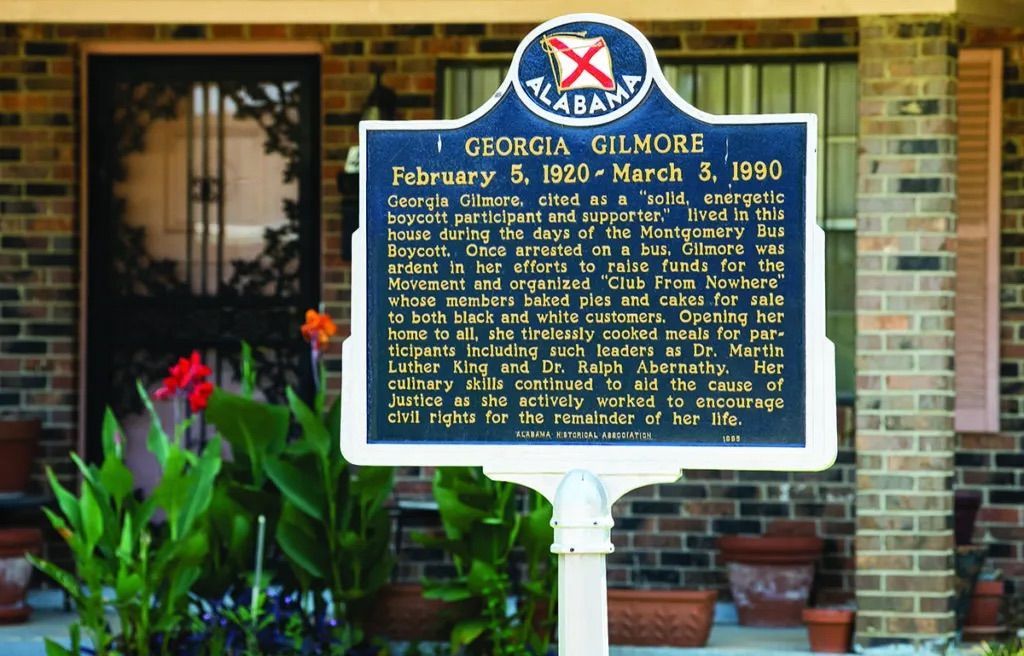

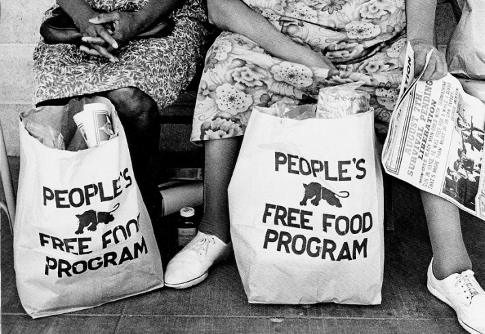
STAY UP TO DATE
GET PATH'S LATEST
Receive bi-weekly updates from the church, and get a heads up on upcoming events.
Contact Us


